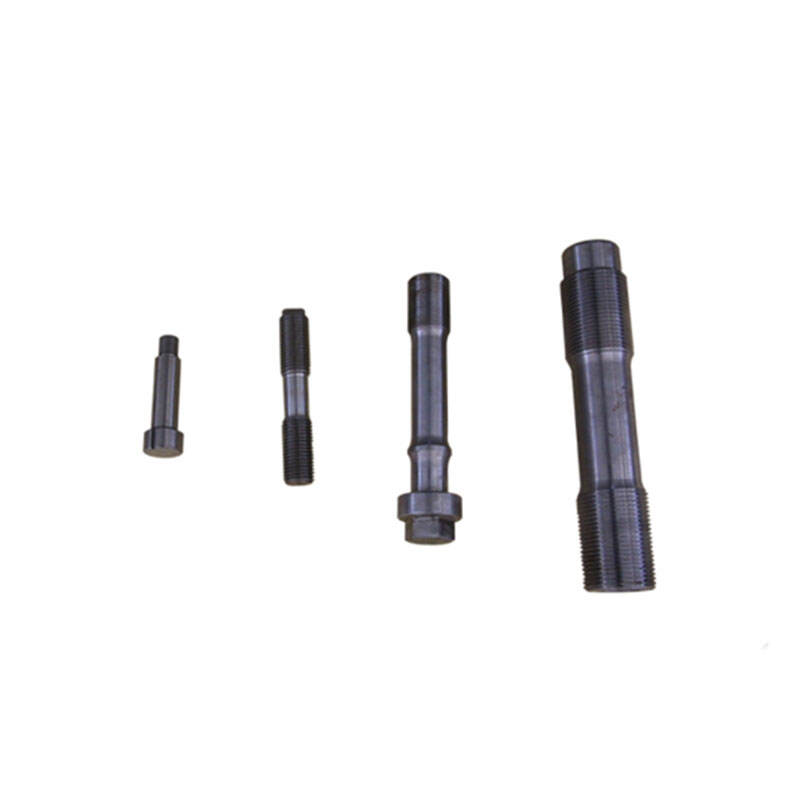One of the most important things in life is selecting a bolt material for your turbine. A turbine bolt, you say. A turbine bolt is a unique type of tool that plays an indispensable role in holding the complicated parts or accessories of your vehicles together. Among the best machine for generating power is a turbine. If you don't select the appropriate material for your Turbine Accessories, then be prepared to have a starter that does not work and we sure as heck do no want any of our starters to stop working. We would not be able to generate the electricity that lights our houses and schools without a working turbine.

Keeping Turbine Bolts Safe
Understanding how a turbine bolt works, you can already realize why an optimal material is important to help protect your highest barbel against all potential dangers of it. Turbines gets very hot when it runs. This is normal, due to the nature of combustion itself but too much heat can lead to issues. Bolting and deforming: The bolts could melt or be technically referred to as deform their shape. Working harder than they would have to can seriously affect the way you turbine runs, so it had better not happen. Of course, a good turbine blade bolt needs to keep its composure while the rest of us are starting on fire.
The Relationship Between Temperature And Turbine Bolts
One of the biggest contributing factors is temperature at what operates inside the turbine. If the temperature is too high, heat forces bolts to expand larger in size. As a result, it would weaken them and cause breakage. Nobody wants that to happen. Therefore, it is critical that you chose the appropriate material for your bolts to enable them not be destroyed at high temperatures. That would be like wearing a t-shirt in the snow, you wouldn't do that would you?
Factors To Consider When Selecting A Bolt Material
So, you see the importance of selecting a proper material for your second stage turbine blade bolts. Well, what do you have to consider and decide while making that choice? First of all, remember what temperature the bolts will experience in working conditions. But, knowing how hot things can get is HUGE. Step 2: Identify the type of turbine and what will be bolted Various turbines will have varied requirements so it is good to know what yours need. Third, consider the material itself; some materials are much more resistant to heat and pressure than others-just like some shoes wear out faster from running in them. Finally, consider how the bolts are created more on this since it may impact their own potency and solidity.
 EN
EN
 AR
AR
 BG
BG
 HR
HR
 CS
CS
 DA
DA
 NL
NL
 FI
FI
 FR
FR
 DE
DE
 EL
EL
 HI
HI
 IT
IT
 JA
JA
 KO
KO
 NO
NO
 PL
PL
 PT
PT
 RO
RO
 RU
RU
 ES
ES
 SV
SV
 TL
TL
 IW
IW
 LV
LV
 LT
LT
 SR
SR
 SK
SK
 SL
SL
 UK
UK
 VI
VI
 ET
ET
 HU
HU
 TH
TH
 TR
TR
 AF
AF
 MS
MS
 GA
GA
 IS
IS
